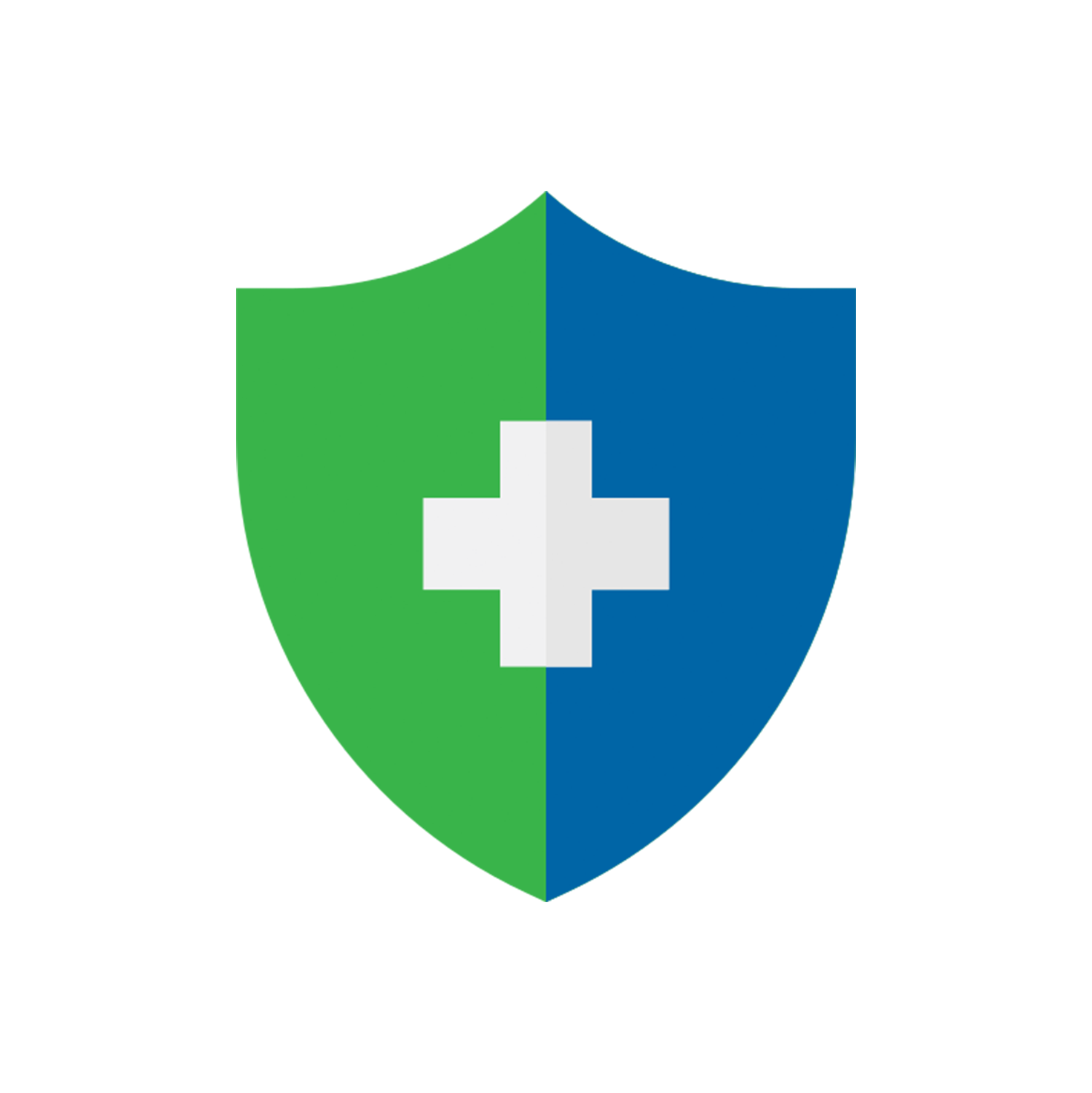About 1 in 700 pregnancies will have the chance to carry a baby with Down syndrome. This genetic condition is more common than you could imagine. Understanding Down syndrome and the importance of prenatal screening tests can allow you to identify the condition before birth enabling parents to be well-informed and be prepared to discuss with doctors about the options in the best interest of the family.
What Is Down Syndrome?
Down syndrome is named after British doctor John Langdon Down, who fully described the syndrome in 1866. Typically, a baby is born with 46 chromosomes. However, babies with Down syndrome have an extra copy of one of these chromosomes, chromosome 21. A medical term for having an extra copy of a chromosome is ‘trisomy.’ Down syndrome is also referred to as Trisomy 21.
This extra copy changes how the baby’s body and brain develop, including the appearance and intelligence. Since there is no definite cure for this condition, it creates both mental and physical challenges for the baby and the caretakers.
Symptoms, Health Problems and Complications of Down Syndrome
In general, people with Down syndrome share common characteristics accompanied by various health problems and respective complications.
Physical Features:
- Flat facial features, especially the bridge of the nose
- Almond-shaped eyes that slant up
- A small mouth with a bulging tongue
- Short fingers, excessive space between their large toe and second toe
- Small head and ears with a short neck
- A short stature
- A tendency towards obesity
- Tiny white or yellow spots on the iris (coloured part) of the eye
The physical features vary among people with Down syndrome. Some may have all the above characteristics, and some may have certain features only.
Health Issues:
- Slower growth: This is often associated with some impairment of their cognitive ability and physical development. Individuals with Down Syndrome tend to have a lower-than-average cognitive ability and need more time adapting and learning.
- Congenital heart disease: Individuals with Down syndrome have a higher risk of congenital heart defects; 40-60% of babies born with Down Syndrome may need heart surgery during childhood. Heart problems may also lead to other complications, such as pneumonia.
- Hearing problems: Recurrent ear infections, with cases of hearing loss or deafness.
- Poor vision: Conditions such as myopia, strabismus (crossed eyes), and blocked tear ducts lead to frequent watery eyes.
- Emotion problems: due to low thyroid function
- Poor muscle tone: This results in weaker motor skills such as inflexible fingers, making tasks like buttoning a shirt more difficult.
- Obstructive sleep apnea
Development and Growth of Children with Down Syndrome
As mentioned above, children with Down syndrome have lower language and cognitive abilities, requiring more time for adaptation and training. In spite of the difficulties, people with Down syndrome can live a normal life, manage themselves and develop their potential with love and care, patience and suitable education opportunities.
Furthermore, individuals with Down Syndrome have their unique personality and temperament. They generally enjoy music and dance, like to imitate others, express optimism, and love making friends and helping others. They are friendly and straightforward but can sometimes be slightly stubborn. The rest is left for you to explore as you get to know them better.
Life Expectancy of People with Down Syndrome
There is a common misperception that people with Down syndrome have shorter lifespans. According to The Little Down Syndrome Encyclopedia II published by the Hong Kong Down Syndrome Association, people with Down syndrome could only live for 25 years due to heart diseases. However, with medical advancement, most people with Down syndrome can expect to live more than 60 years, close to the lifespan of an individual with average health.
Causes of Down Syndrome
The exact causes of Down syndrome are still yet to be known among medical experts. However, the statistics show that parents’ ages positively correlate with the risk of having a baby with Down syndrome. Research proves that women around or below 30 years old are less likely, less than 0.2%, to have a pregnancy affected by Down syndrome. The possibility of having a baby with Down syndrome rises to 4% for women aged 45 years old or above.
Is Down Syndrome Inherited?
Most cases of Down syndrome are not inherited but occur as random events during the formation of reproductive cells (eggs and sperm). An error in cell division called nondisjunction results in reproductive cells with an abnormal number of chromosomes. For example, an egg or sperm cell may gain an extra copy of chromosome 21.
Screening for Down Syndrome
Medical organisations in Hong Kong provide two screenings at different stages to assess your chance of having a baby with Down syndrome. The test does not harm you or your baby.
- First Tier Screening
First-trimester screening
If you are pregnant for less than 14 weeks, you will undergo an ultrasound examination for nuchal translucency from 11 to 13 weeks and 6 days of gestation. In addition, a blood test will be performed on the same day to measure your Pregnancy Associated Plasma Protein A (PAPP-A) and human chorionic gonadotropin (hCG) levels.
Accuracy: around 90%
Second-trimester screening
If you are pregnant for more than 14 weeks and less than 20 weeks, you will undergo a blood test from 16 to 19 weeks and 6 days for alpha-fetoprotein (AFP), human chorionic gonadotropin (hCG), estriol (E3) and inhibin-A.
Accuracy: around 80%
The screening test result will be available within 2 weeks after the blood test. In general, 5% of overall test results are positive, which means your baby has a high chance of having Down syndrome.
If the test result is positive, you will be informed and contacted to make an appointment for further counselling for the second-tier screening or diagnostic testing.
- Second Tier Screening
"Non-invasive prenatal test," including T21 and NIFTY tests, is a blood test based on the identification and counting of DNA fragments in maternal plasma originating from the placenta. The test has a high accuracy of 99%, and the false positives are less than 1%.
A high-risk or ‘non-reportable test result would be counselled for diagnostic testing for confirmation study.
Fees of Screening for Down Syndrome During Pregnancy
The Hospital Authority provides 2 tier screening tests for free, including first-trimester screening and second-trimester screening. You could also receive non-invasive prenatal tests at private hospitals and clinics for more accurate results.
Fees of First / Second Trimester Screening
| Private Hospitals / Clinics |
Fees (HK$) |
| HK$3,070 |
|
| HK$2,220 |
|
| HK$2,890 – HK$5,780 (Excluding laboratory charges) |
|
| HK$1,000 |
|
| Gleneagles Hospital Hong Kong Obstetrics & Gynaecology Clinic |
HK$2,600 |
| HK$1,500 (Excluding consultation fee) |
Non-Invasive Fetal DNA Testing (T21)
| Private Hospitals / Clinics |
Fees (HK$) |
| HK$4,500 |
|
| 約HK$7,500 (Including consultation fee) |
|
| Gleneagles Hospital Hong Kong Obstetrics & Gynaecology Clinic |
HK$6,170 (T21 Basic) HK$7,770 (T21 Advanced) |
| HK$5,500 |
Non-Invasive Fetal DNA Testing
| Private Hospitals / Clinics |
Fees (HK$) |
| HK$6,300 (NIFTY Pro) HK$7,300 (NIPD Zplus) |
|
| HK$4,500 (NIFTY Pro) |
|
| HK$4,500 (NIFTY Pro / NIPD Zplus) |
Source
© Cigna Healthcare 2023
Information provided in this article is intended for health and fitness purposes only and is not intended for use in the diagnosis of disease or other conditions, or in the cure, mitigation, treatment or prevention of disease (see Terms & Conditions for details). Any health-related information found in this article is available only for your interest and should not be treated as medical advice. Users should seek any medical advice from a physician, especially before self-diagnosing any ailment or embarking on any new lifestyle or exercise regime. Any information contained in this article may not be suitable, accurate, complete or reliable. Cigna Healthcare accepts no responsibility for the content or accuracy of information contained on external websites or resources, or for the security and safety of using them. "Cigna Healthcare" and the "Tree of Life" logo are registered trademarks of Cigna Intellectual Property, Inc. in the United States and elsewhere, licensed for use. All products and services are provided by or through operating subsidiaries, and not by The Cigna Group.



